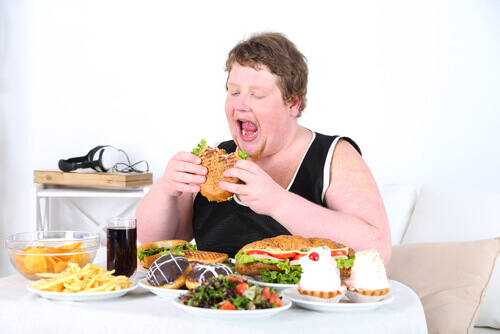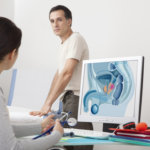 Stomach pain is an issue that afflicts people of all ages. Often, people write their stomach pain off, thinking that it will pass. And while often, the pain will pass and the cause isn’t something serious, there are times when stomach pain is a sign of a bigger problem.
Stomach pain is an issue that afflicts people of all ages. Often, people write their stomach pain off, thinking that it will pass. And while often, the pain will pass and the cause isn’t something serious, there are times when stomach pain is a sign of a bigger problem.
From short-lived nausea to stabbing pains that arise after you eat, there are so many sensations that can be felt in the stomach. However, when stomach pain sets in, it can be hard to pinpoint the cause of the problem. There are so many organs in the abdomen, and any of them could be the culprit of the discomfort that you are experiencing. And, oftentimes, the pain you are feeling isn’t stemming from your stomach, but from another organ that has nothing to do with your stomach at all!
What’s causing your pain? Is it something minor, or does it necessitate a call to the doctor or a trip to the emergency room? Here’s a look at 20 of the most common causes of stomach pain that will help you determine whether you are dealing with a minor issue or if prompt medical treatment is required.
1. You ate too much
One of the most common causes of stomach pain is really just as simple as overeating. While the stomach is designed to expand, there’s only so much that it can hold and remain comfortable. When you over-indulge in food, especially when that food is rich and heavy, there’s a good chance that you’re going to feel some pain in your abdomen. When you are over-full, your stomach can feel tight and cramped. You might feel aching or sharp cramps. While it may be uncomfortable, medical treatment isn’t necessary. It may take a while, but as you digest, the pain will subside.


